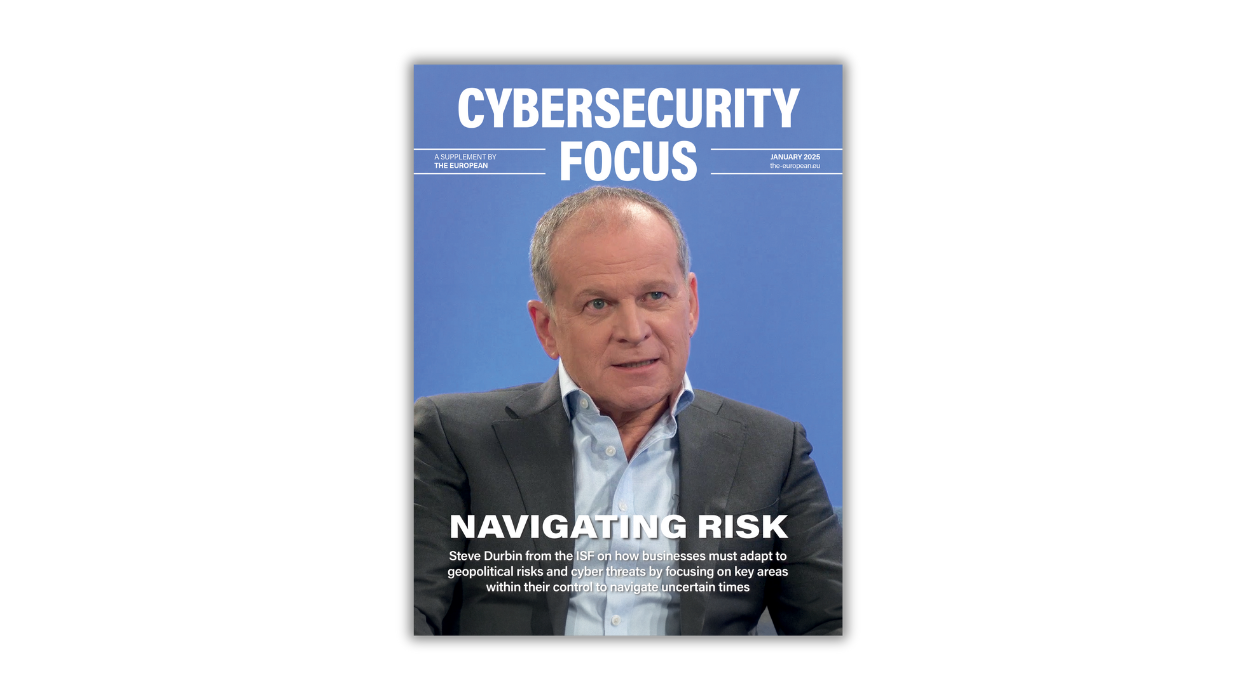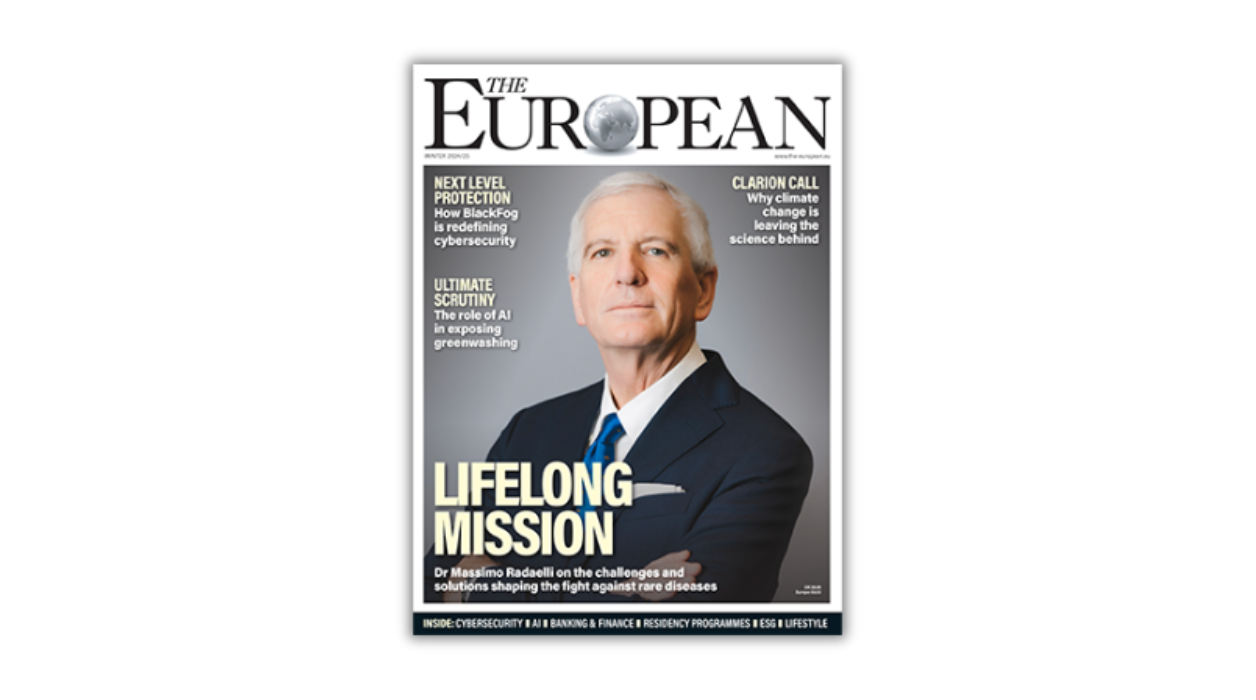Why purpose is private equity’s next differentiator

John E. Kaye
- Published
- Business, Home, Sustainability

Purpose-driven companies outperform their competitors, win customer preference and attract the best talent, says Nick Ranger of Brandpie
With private equity (PE) fundraising and M&A activity ramping up over the last year, the opportunities for PE firms has magnified. But with changes in shareholder expectation, and mounting pressure from regulators, businesses, and wider society – so too have the risks. Having a strong ESG policy was once thought to be the risk mitigating, competitive edge for PE firms. But given the fact that some of the largest private equity firms recently announced the first standardised set of ESG reporting metrics – having a strong ESG policy has now become table stakes.
That’s where “purpose” comes in. Purpose, not in the social impact, brand, or environmental sense. But the ultimate “why” in your corporate strategy that influences every aspect of your business. When two purpose-driven businesses meet, it’s like clockwork. Even if you’re a specialist PE firm that only targets X sector in Y country – if you, and the growth stage startup you’re looking to invest in, lead and operate with purpose, you can set yourself up for a path of growth and success.
When done correctly, a shared sense of purpose is mutually beneficial for both the PE firm and the businesses its looking to invest in. It shows that the PE firm is aligned to the long-term growth objectives of the founder and reassures the employees of the company to be invested in that the PE firm has their interests at heart.
Why? Because purpose can be the great equaliser that brings like-minded businesses together. Earlier last year Bowmark Capital, a mid-market PE firm, announced its investment in Kubrick Group, a leading provider of next-generation technology. A great move given Kubrick’s commercial success, but also because both businesses are inherently purpose-led, and channel this through their internal culture and values.
Responding to the announcement, Tim Smeaton, Founder and CEO of Kubrick said he was “delighted to find a partner that shares our values.” The alignment of purpose and values is a powerful way of helping businesses to understand whether they’re going to be a good fit for each other. It helps the two businesses position themselves in the right way to each other – not too dissimilar from how a brand positions itself to its customers.
Similarly, M&A also requires a meeting of shared purpose and values. When ERT and Bioclinica were in the process of defining their new purpose, both businesses were thinking about which values they shared with each other. And Clario was born – an organisation that positions itself as one that is ‘driven by our purpose to transform lives by unlocking better evidence’ – connecting the best of ERT with the best of Bioclinica.

Nick Ranger is Managing Partner at business transformation specialists Brandpie.
While some may be quick to dismiss the “shared purpose and values” argument as woolly and trite, history shows that time and time again, it’s the underlying reason behind some of the most successful PE investments, buyouts and acquisitions. It enables both parties to get to where they need to much faster, and with less growing “together” pains than they would otherwise have.
Binding values
Whether you’re in an M&A situation or a private equity situation, purpose is the glue that binds businesses (that could otherwise be worlds apart from each other) together. And purpose begets growth. A 2019 study by Harvard Business Review found that across 28 different companies that had an average compound annual growth rate of 30% or more in the previous five years, they all shared one common thread: they built their purpose into everything they did.
There is a wealth of research to also support the fact that purpose-driven companies outperform their competitors, win customer preference, attract talent, increase wellbeing, bolster reputation management, and provide strategic clarity. That’s why CEOs won’t stop talking about being purpose-driven. Brandpie’s 2021 CEO Purpose Report found that CEOs rank company purpose as the most important factor for driving business growth.
To cite a clichéd, yet apt phrase, people buy people. They don’t buy businesses, or services. They buy from individuals that they can trust. And if you can trust another organisation to do right by its employees, shareholders, and the wider world, you can trust that they will do right by you. And that applies for both the PE players and the businesses they’re looking to invest in.
For further information:
www.brandpie.com
RECENT ARTICLES
-
 Managing cross-border risks in B2B e-commerce
Managing cross-border risks in B2B e-commerce -
 Research highlights rise of 'solopreneurs' as technology reshapes small business ownership
Research highlights rise of 'solopreneurs' as technology reshapes small business ownership -
 Human resources at the centre of organisational transformation
Human resources at the centre of organisational transformation -
 UK government sets up Women in Tech taskforce amid gender imbalance concerns
UK government sets up Women in Tech taskforce amid gender imbalance concerns -
 Liechtenstein lands AAA rating again as PM hails “exceptional stability”
Liechtenstein lands AAA rating again as PM hails “exceptional stability” -
 The Parisian business school quietly reinventing the MBA
The Parisian business school quietly reinventing the MBA -
 UK entrepreneur who founded £1bn firm acquires UAE amateur golf leader to launch world amateur Super League
UK entrepreneur who founded £1bn firm acquires UAE amateur golf leader to launch world amateur Super League -
 Why your home is the best place to teach children leadership
Why your home is the best place to teach children leadership -
 Inside the Spring 2025 Edition of The European
Inside the Spring 2025 Edition of The European -
 The Paris MBA designed for real-world leadership
The Paris MBA designed for real-world leadership -
 Soft2Bet reflects on eight years of leadership and philanthropy in new film featuring CEO Uri Poliavich
Soft2Bet reflects on eight years of leadership and philanthropy in new film featuring CEO Uri Poliavich -
 Global Banking School celebrates ‘milestone’ anniversary
Global Banking School celebrates ‘milestone’ anniversary -
 Saudi Arabia hosts the fourth Riyadh International Humanitarian Forum
Saudi Arabia hosts the fourth Riyadh International Humanitarian Forum -
 New York Congresswoman pushes for Trump’s birthday to be enshrined as federal holiday
New York Congresswoman pushes for Trump’s birthday to be enshrined as federal holiday -
 Red light, green bite: Netflix restaurant opens in Vegas
Red light, green bite: Netflix restaurant opens in Vegas -
 Read our Cybersecurity Focus supplement, featuring insights from Information Security Forum
Read our Cybersecurity Focus supplement, featuring insights from Information Security Forum -
 Davos World Economic Forum 2025: Collaboration for the Intelligent Age
Davos World Economic Forum 2025: Collaboration for the Intelligent Age -
 The European releases its Winter 2024/25 edition
The European releases its Winter 2024/25 edition -
 Read our FDI Focus supplement, featuring insights from Michael Lohan of IDA Ireland
Read our FDI Focus supplement, featuring insights from Michael Lohan of IDA Ireland -
 PizzaExpress to Expand Dough Base Stateside
PizzaExpress to Expand Dough Base Stateside -
 The two core skills middle managers need to navigate stormy weather
The two core skills middle managers need to navigate stormy weather -
 The Role of Financial Regulations in the Online Casino Industry
The Role of Financial Regulations in the Online Casino Industry -
 How to become a game-changer
How to become a game-changer -
 Taking the risk out of BOP ventures
Taking the risk out of BOP ventures -
 Releaf leading the way with marketing
Releaf leading the way with marketing



























